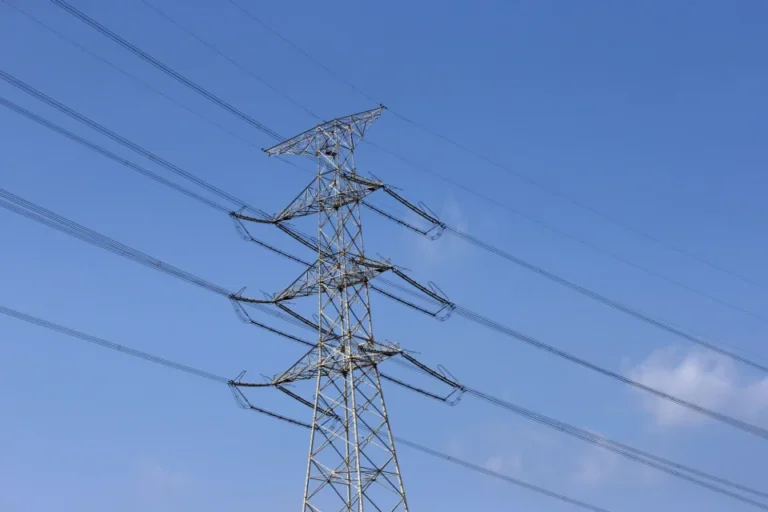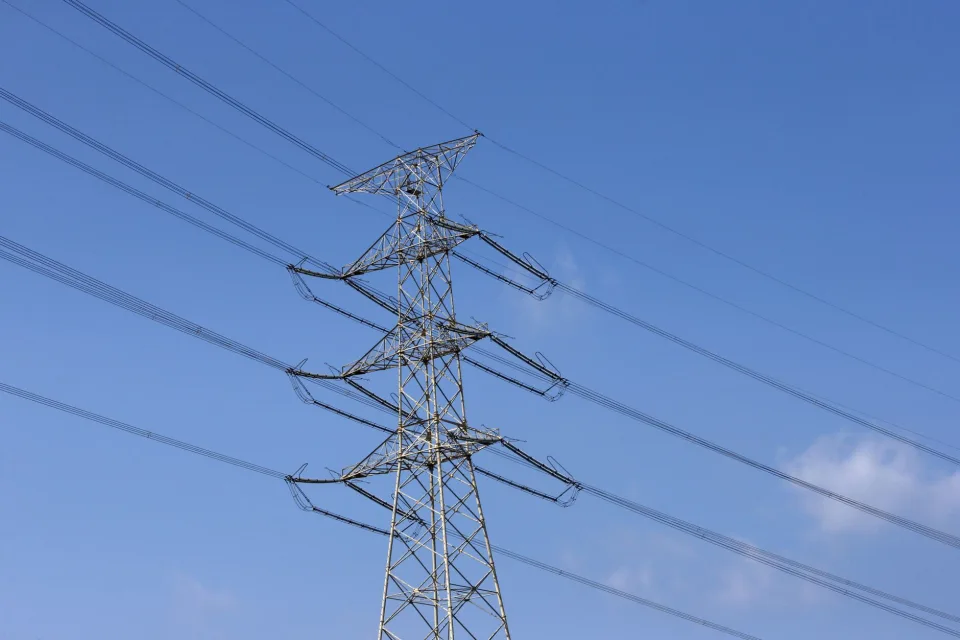
Kyushu Electric Power Co. has successfully raised ¥30 billion ($191 million) through Japan’s first environmental bond dedicated to financing nuclear projects. Despite the controversial nature of the deal, the power company received strong demand from investors.
The bond, issued on Tuesday, was priced as a dual-tranche transition bond and will be used to refinance investments in nuclear-related projects, including emergency response centers for potential incidents such as plane crashes or terrorist attacks.
This issuance comes at a time when Japan is pushing to achieve carbon neutrality by 2050, leading to a renewed interest in nuclear energy. However, the country still faces challenges in finding suitable sites for disposing of radioactive waste. It is worth noting that Kyushu Electric Power Co. had previously experienced limited interest in a nuclear transition bond due to lingering memories of the 2011 Fukushima meltdown.
According to one of the underwriters, the five-year tranche of the deal received three times as many orders as the amount raised, while the 10-year part received 1.1 times. Kyushu Electric paid a higher price for the 10-year bond compared to a similar deal last month to offset the risk of rising interest rates.
Dai Otsu, head of debt syndication at Daiwa Securities Co., explained that the strong demand for the five-year note is due to the attractive yields offered by shorter-tenor bonds, which is a departure from the past.
The sale of corporate transition bonds has been increasing in Japan since the government first introduced such notes in February, contributing to the growing confidence in this relatively new type of debt. On Tuesday, the Ministry of Finance sold approximately ¥350 billion of climate transition bonds.
According to data compiled by Bloomberg, the Kyushu Electric deal has contributed to a total of ¥175 billion in corporate transition bond sales for the April-June quarter. This is a significant increase compared to the past two quarters, which saw sales of ¥35 billion and ¥56 billion respectively.
In order to attract investors, the utility offered a premium above Japanese government bond yields. For the five-year tranche, Kyushu Electric paid 27 basis points more, while for the 10-year tenor, it paid 41 basis points. Last month, the company sold a 10-year bond at a premium of 39 basis points.
Shunsuke Oshida, the head of credit research at Manulife Investment Management Japan, expressed his hope that this deal would prompt a discussion on the advantages and disadvantages of nuclear energy. He believes that such discussions will contribute to the growth of the debt market in funding projects related to nuclear power.
